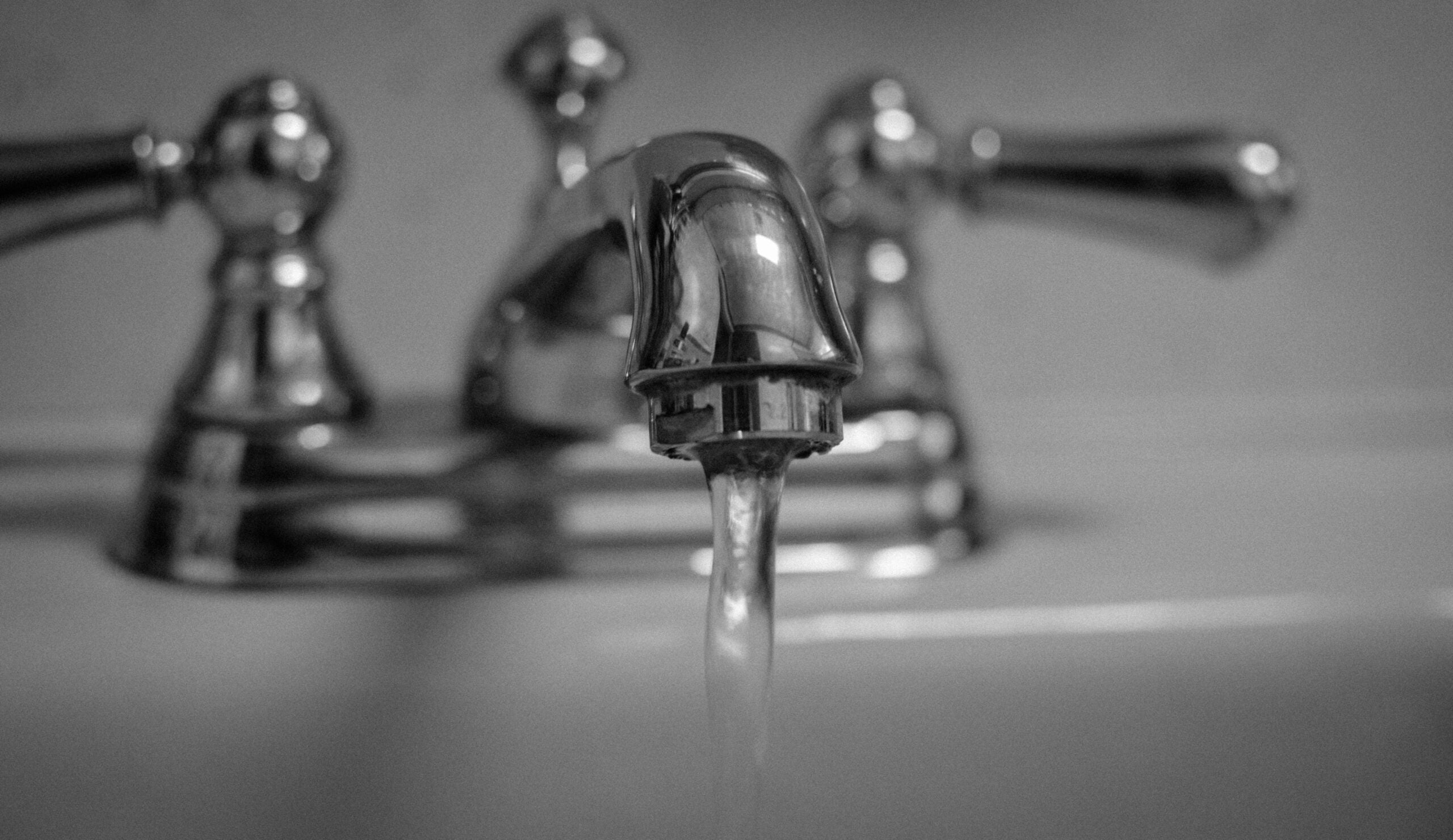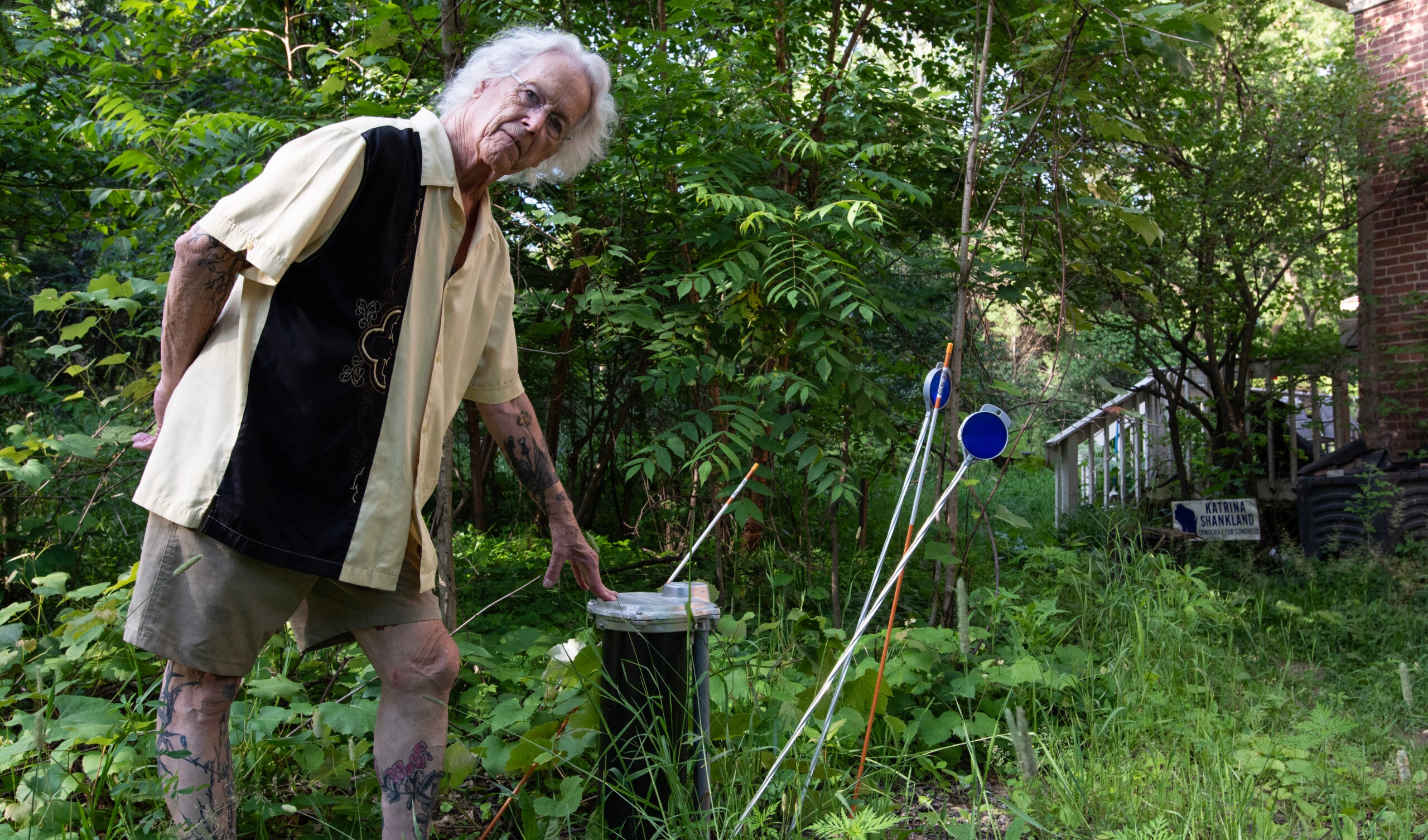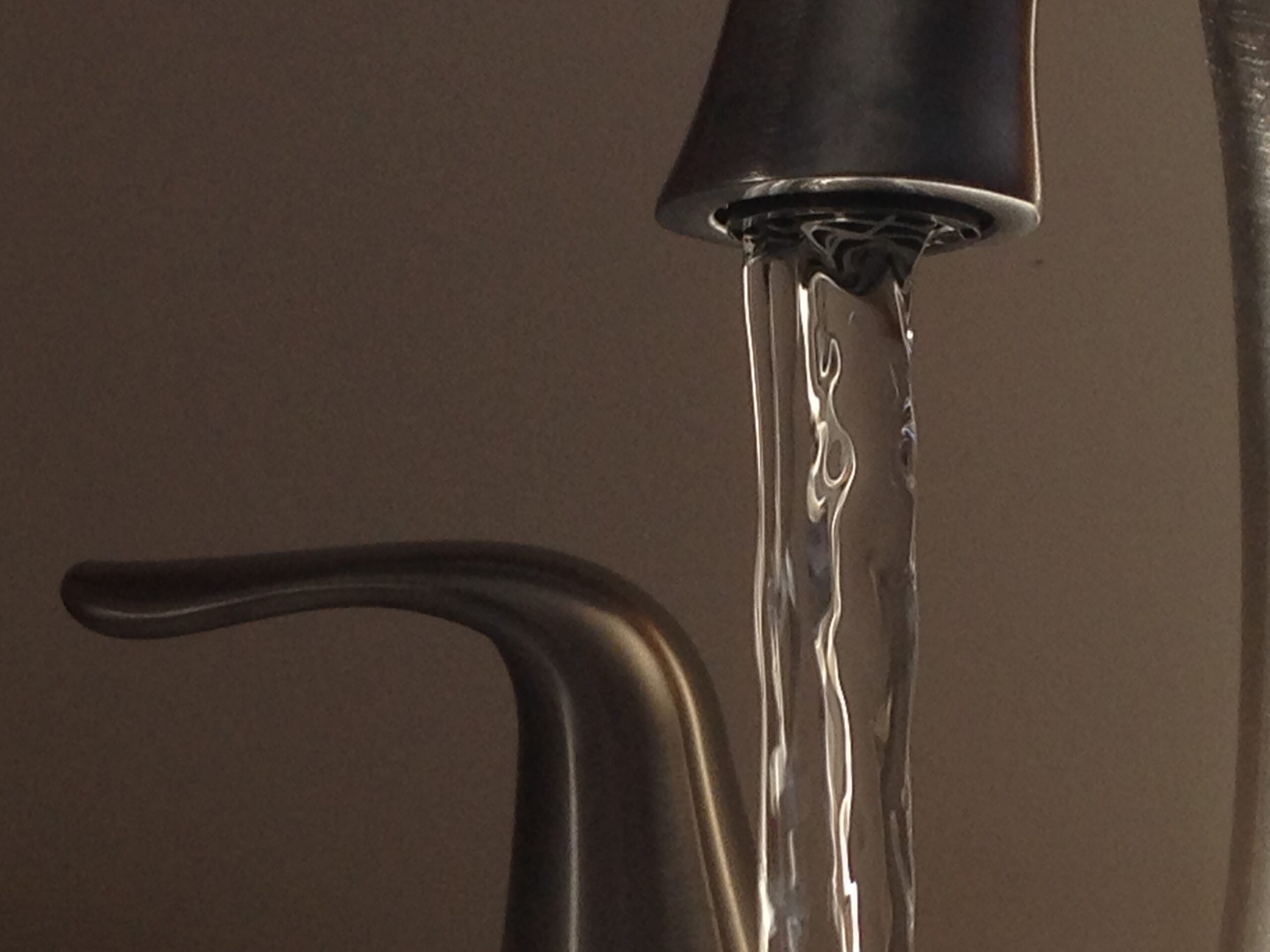County officials dealing with groundwater contamination in Wisconsin say they’re hopeful new statewide initiatives will help them better understand the problem.
Gov. Tony Evers announced he was directing the state Department of Natural Resources to allocate $75,000 to the Southwest Wisconsin Groundwater and Geology (SWIGG) study in a statement released Wednesday.
The SWIGG study focuses on private wells in Grant, Lafayette and Iowa countries. An initial round of testing found 42 percent of tested wells were at unsafe levels of bacteria or nitrates, a compound linked to a variety of health problems.
News with a little more humanity
WPR’s “Wisconsin Today” newsletter keeps you connected to the state you love without feeling overwhelmed. No paywall. No agenda. No corporate filter.
Lynda Schweikert, administrator for Grant County’s Conservation, Sanitation and Zoning Department, said the new money will mean the group can actually finish their study, which includes identifying the source of contamination.
“We weren’t fully funded. We were about $20,000 short,” Schweikert said. “So, this kind of eliminates the fear that we wouldn’t be able to get the original study completed and now that we can look further into the source study.”
She said the additional funding will allow the group to do four rounds of well tests instead of two, capturing data during each season. The counties also hope to put the money toward getting updated maps of the bedrock.
Evers has said he hopes to make 2019 the “Year of Clean Drinking Water.” He also announced this week that his 2019-21 state budget will include additional grant money to replace or treat contaminated private wells.
Under Evers’ budget, the state’s Well Compensation Grant program would have $2 million to help low-income families replace or treat contaminated wells. That’s $1.6 million more than the program’s current funding.
Evers also said he would update the program’s eligibility standards for nitrates and arsenic.
Jen Rombalski is health director for La Crosse County, which recently found 30 percent of tested wells had unsafe levels of nitrates. She said the Well Compensation Grant program’s current standards are too high to help most La Crosse County residents address their nitrate problems.
“It’s nice to see that there will be additional dollars in the grant program to support people being able to replace their well and not having that burden. Wells can cost a lot of money and not something people typically have just $5,000 (to) $6,000 laying around,” Rombalski said. “But drilling the new well to get rid of the contamination issues is not the only thing you can do.”
Rombalski said she hopes the Evers administration will focus their efforts on preventing groundwater contamination, which she said starts with understanding the current situation.
“I don’t think that we have a good comprehensive understanding of what’s happening in terms of contamination of our drinking water supply across the state,” Rombalski said. “We have pockets of testing that is happening and we need to have a better understanding of what’s going on statewide.”
Schweikert also said more testing is needed across the state for county officials to protect residents’ water supply.
“It’s not a ‘one size fits all,’ so there definitely will need to be site specific studies done throughout the state,” Schweikert said. “Going forward, we’re going to need a lot of people thinking outside the box, coming up with solutions that fit their area of the state and how to prevent this from happening in the future.”
Schweikert said having data will help officials target regulations toward the source of local contamination.
Wisconsin Public Radio, © Copyright 2025, Board of Regents of the University of Wisconsin System and Wisconsin Educational Communications Board.







